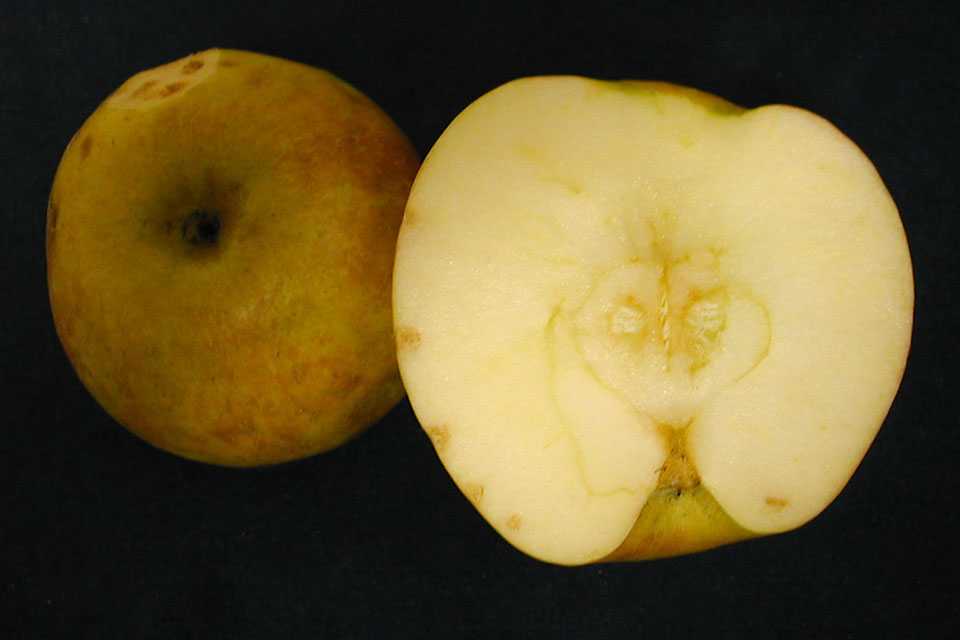Apple Growers Say Calcium Deficiencies Still a Challenge With ‘Honeycrisp’
The most popular nutrition issue continues to revolve around the most popular fruit and its most popular variety. Apple growers again cite calcium deficiencies and the frequent after-effect, bitter pit, particularly in ‘Honeycrisp’.
“We are always concerned with getting enough calcium into our ‘Honeycrisp’,” a Pennsylvania grower says.
“We haven’t figured it out yet,” a Georgia grower adds.
Not because of lack of effort, especially with foliar sprays. “Certain varieties of apples on bud nine rootstock do not do well with uptake in particular calcium,” a Michigan grower says. “So we have to continually spray it on during the season.”
“We sprayed calcium every spray,” another Michigan grower says.
When sprays fail, growers continue to audible.
“We added gypsum to the soil, as I have not had luck with sprays,” an Indiana grower says.
“We are utilizing drip fertigation in our new plantings to provide continual nutrient supply and multiple liquid ground spray applications in our non-drip fields,” a Michigan grower says.
“We added calcium sulfate to soil,” a New York state grower says.
“We focus on our natural fertilizer rates high enough to get good calcium rates,” an Idaho grower says.
One grower in New York recommends increased soil, leaf, and peel sap analysis with higher inputs of calcium fertilizers, soil drenches, and foliar sprays. Another speaks of managing calcium uptake early in the growing season and controlling vigor later in the growing season through deficit irrigation.
“We decreased potassium rates. We decreased apple size. We changed calcium formulations. We applied gypsum,” a Michigan grower says.
“Crop load management is the only solution,” a New York grower says.

Bitter pit symptoms on ‘Honeycrisp’ apples.
Photo by Randolf Beaudry
NITROGEN
Growers from varied regions, including an apple grower from Massachusetts and grape grower in California, frequently mention nitrogen deficiency due to substantial winter rainfall in 2023. “Most issues were from rain,” a New Jersey berry grower says.
“We needed to replenish nitrogen,” an Oklahoma berry grower says. “We used a chicken tractor rotation to achieve this.”
“Nitrogen and potassium: We bought it and injected it into our irrigation system,” a California wine grape grower says.
“We switched from compost to composted manure,” an organic apple grower from California says.










